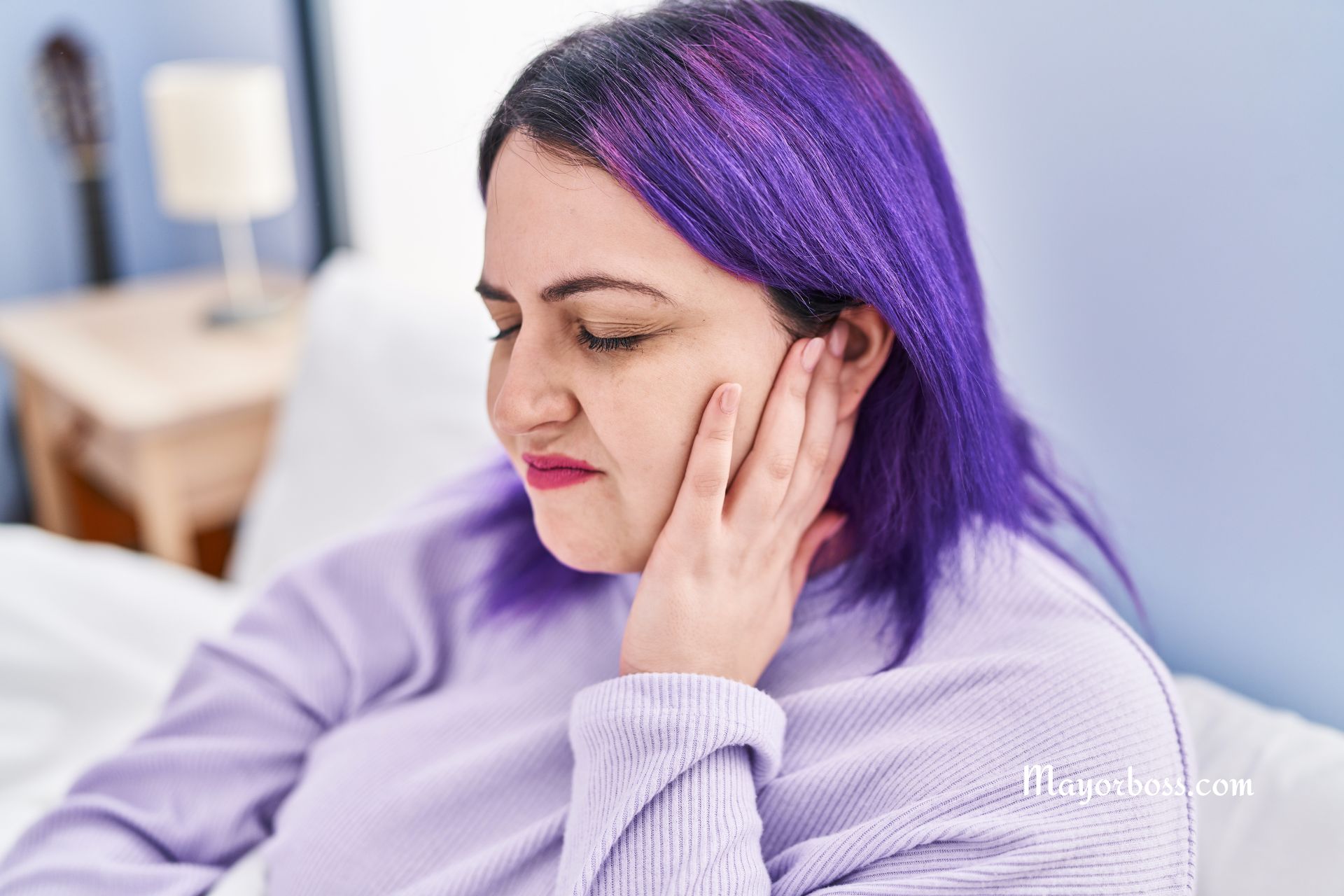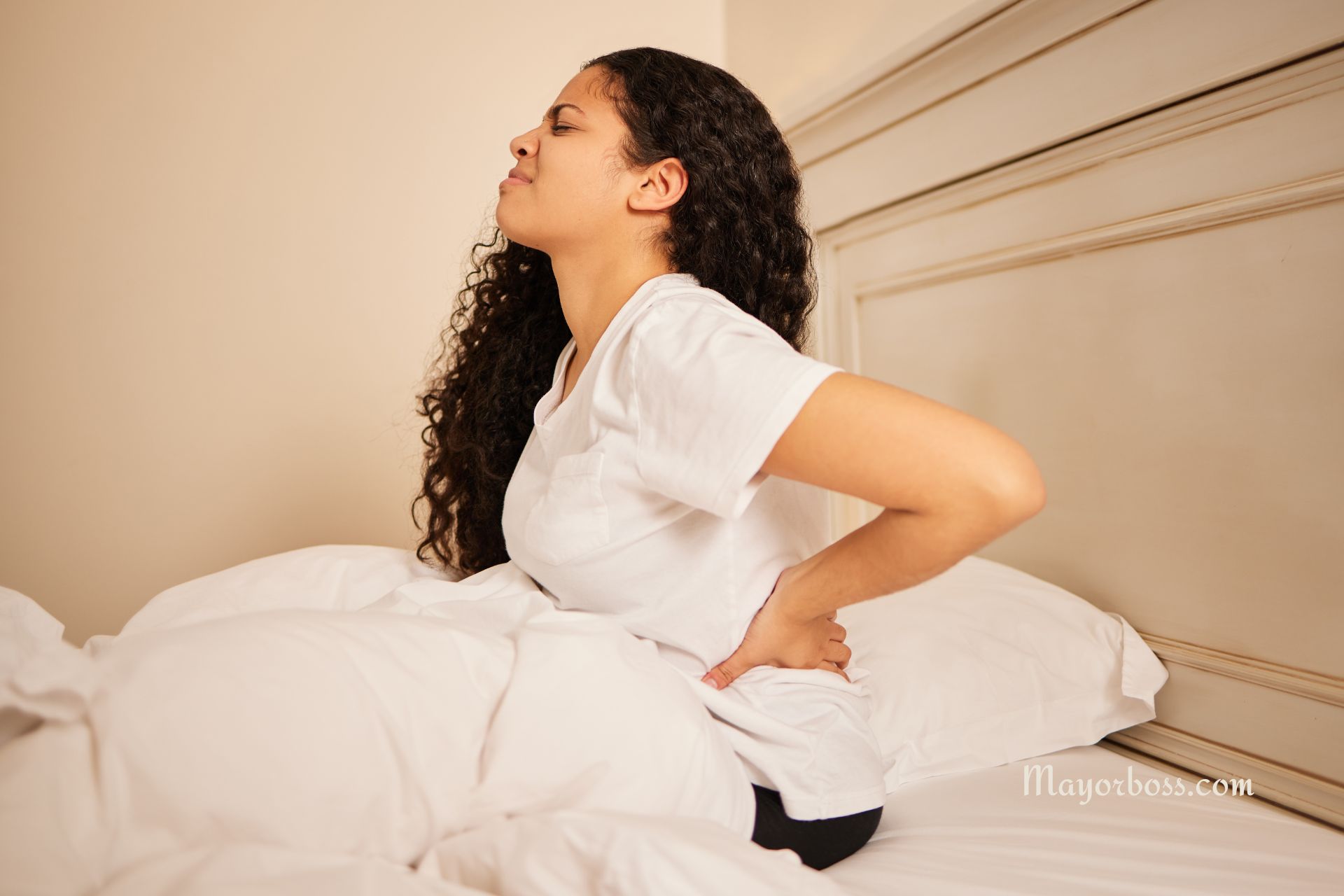Don’t Ignore These 7 Warning Signs of a Morning Heart Attack
Have you ever woken up feeling just not right? Perhaps a little uneasy or with a discomfort you can’t quite place? You might shrug it off as just a bad night’s sleep or the aftermath of a stressful week. But here’s the thing: it could be something far more serious. Yes, it’s true! I’m talking about the warning signs of a morning heart attack. And get this: many people often overlook these symptoms until it’s too late.

What Exactly Is a Morning Heart Attack?
A morning heart attack is exactly what it sounds like—a heart attack that occurs soon after you wake up. Research shows that heart attacks are surprisingly more common in the early hours, mostly between 6 a.m. and 12 p.m. The body’s natural clock, hormones, and even the rush of starting a new day can contribute to increased risk. Now, you might be wondering why this happens. Well, let me explain.
Your body releases certain hormones in the morning that can increase blood pressure and heart rate, making your heart work harder. Combine this with any underlying heart conditions, and you’ve got a recipe for trouble. Now, here are seven signs of morning heart attacks you should never ignore.
1. Chest Discomfort or Pain
Let’s be honest, this is the one sign you probably already know. But here’s the kicker: not all chest pains are created equal. The pain associated with a heart attack can feel like a heavy pressure or squeezing sensation. Sometimes, it might just be a mild discomfort that doesn’t seem to go away. So what’s the point? Don’t brush it off. If your chest feels funny, especially in the morning, it’s time to pay attention.
2. Shortness of Breath
And you know what? Sometimes, you might not even have chest pain. Instead, you could find yourself gasping for air or feeling unusually breathless while doing something as simple as making your bed. This could be a signal that your heart isn’t pumping efficiently. Bottom line: If you’re struggling to catch your breath when you wake up, it’s a red flag.
3. Cold Sweat
Oddly enough, breaking out in a cold sweat for no apparent reason can also be a sign. This isn’t the kind of sweat you get from a nightmare or a hot room. It’s more like a clammy, cold sweat that makes you feel uneasy. This happens because your body is in distress, trying to signal that something is wrong.
4. Nausea or Vomiting
You might think nausea or vomiting in the morning is just a sign of a bad meal or a stomach bug. But combined with other symptoms, it could indicate a heart attack. It’s your body’s way of reacting to the stress and pain it’s experiencing internally.
5. Dizziness or Lightheadedness
Feeling dizzy or like you might pass out? This could be because your brain isn’t getting enough oxygen-rich blood, thanks to a struggling heart. So, if you wake up feeling unsteady or lightheaded, don’t just assume you’re still half asleep. It could be a serious warning.
6. Arm or Shoulder Pain
The truth is that heart attack symptoms can radiate. You might feel pain or discomfort not just in your chest but in your arms or shoulders, especially on the left side. This is because the nerves from your heart also connect to these areas. So, a sudden, unexplained pain in your arm or shoulder in the morning? Yes, it’s a warning sign.
7. Jaw or Neck Pain
And here’s something really interesting: sometimes, the pain or discomfort can show up in your jaw or neck. You might mistake it for a muscle strain, but if it’s accompanied by other symptoms, it’s a clue that your heart might be in trouble.
Frequently Asked Questions
Q: Can I prevent a morning heart attack? A: Absolutely! Regular exercise, a healthy diet, managing stress, and regular check-ups with your doctor can significantly lower your risk.
Q: Should I wait to see if the symptoms go away? A: No! If you’re experiencing these symptoms, especially in the morning, seek medical attention immediately. Time is of the essence in treating heart attacks.
Q: Are morning heart attacks more severe? A: Research suggests that morning heart attacks can be more severe due to higher blood pressure and heart rate in the morning. This means immediate action is even more critical.






